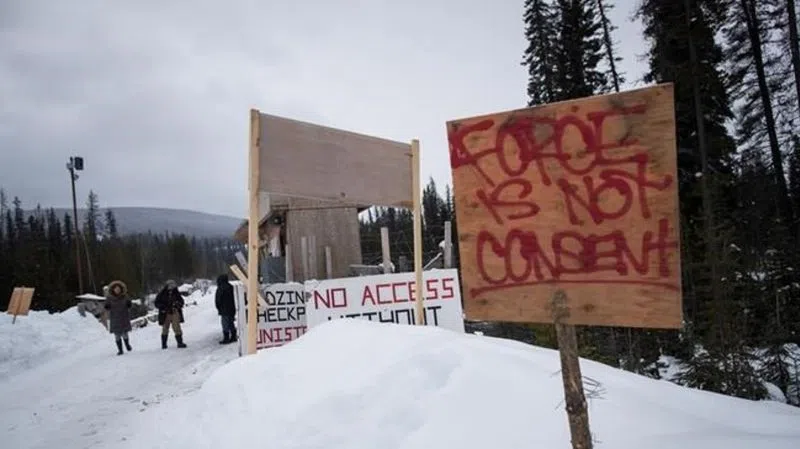
Coastal GasLink and U.S. vaping crackdown; In The News for Jan. 3
In The News is a roundup of stories from The Canadian Press designed to kickstart your day. Here is what’s on the radar of our editors for the morning of Jan. 3.
What we are watching in Canada …
A hereditary chief with the Wet’suwet’en First Nation says the community is expecting further police action after the British Columbia Supreme Court ruled in favour of a natural gas company that wants to build a pipeline through its territory.
Na’moks, who also goes by John Ridsdale, said he wasn’t surprised that the court granted Coastal GasLink an interim injunction against members of the First Nation and others who oppose the pipeline.
